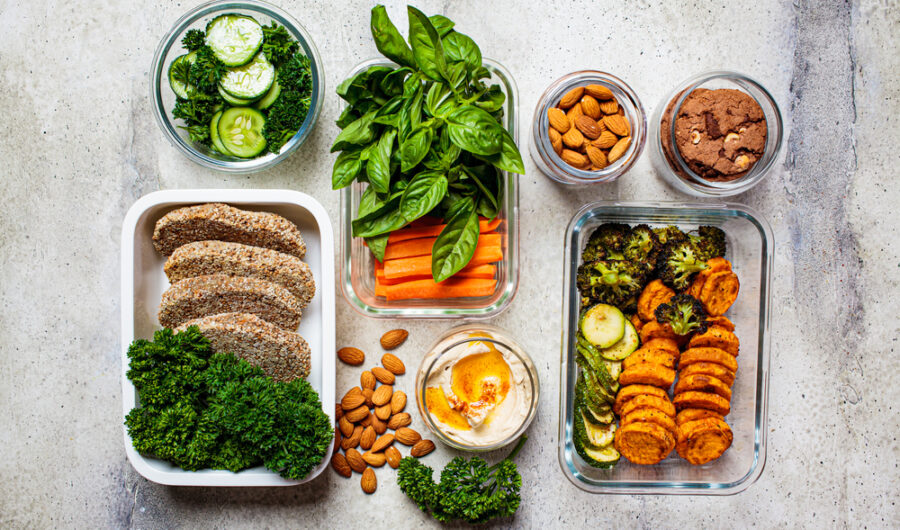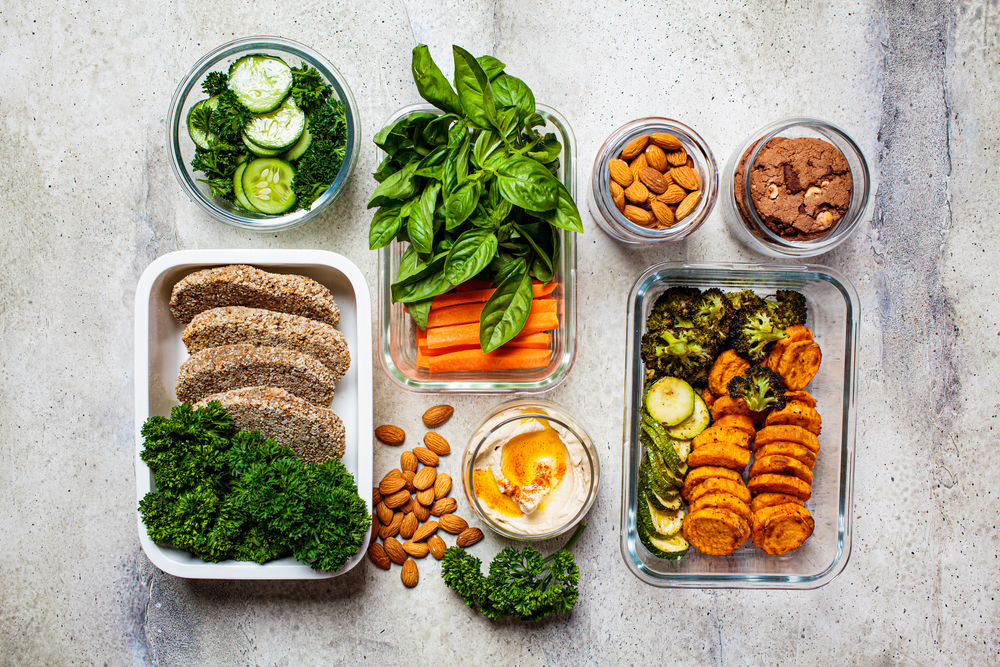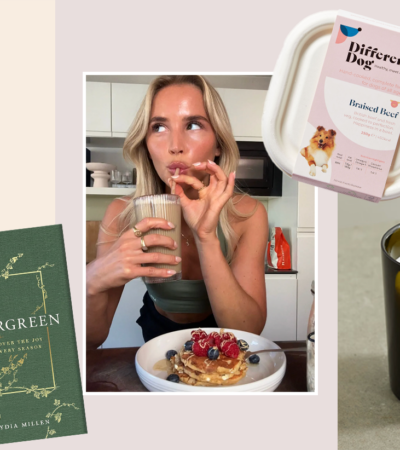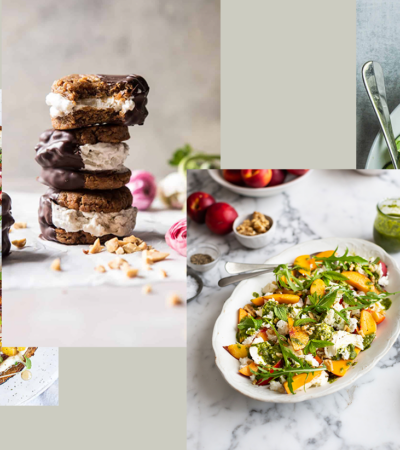A healthy gut is not only important for digestion, but also crucial for our brain, mood, and overall wellbeing. To help educate on how we can all nurture our gut health through the food we eat, Dr Joan Ransley has shared her top tips – from why plant foods are a gut’s best friend, to why we need to eat more whole grains and how we can cater for everyone’s gut health when cooking for a special occasion.
Dr Joan advises:
Put plant foods first… and eat 30 a week! Plant foods are the foundation of a gut-friendly diet, so when you’re cooking for a healthy gut, remember “plant foods first, meat and animal produce second”.
Plant foods such as fruit and vegetables, nuts and seeds, legumes (beans and pulses), and herbs and spices provide a diverse range of compounds for the ‘good bacteria’ in the gut to feed on. Introduce more plant foods into your diet, by making small changes one step at a time. For example, aim to eat a new fruit or vegetable each week, or try swapping your usual mid-morning snack for a handful of nuts to increase plant variety in your diet.
Thirty is the recommended amount of different plant foods we should be eating every week, and while thirty sounds a lot, all minimally processed plant foods count towards this total – anything from a clove of garlic to nuts, seeds or even wholegrain pasta.
To get to 30, each unprocessed plant-based food has a plant type score, which then contributes to the 30 points a week. Foods such as fruit, vegetables, whole grains, beans and pulses, nuts and seeds all count as 1 point each – with herbs and spices a ¼ point each. Remember variety of plants and colourful fruit and veg is key!
Fermented foods are your friend. Another easy way to improve the diversity of your gut microorganisms is by introducing more fermented foods into your diet – such as live yoghurt or kombucha. These fermented foods have been shown to increase diversity in the gut microbiome which could help to support the immune system[1].
Eat plenty of whole grains. To help keep the gut healthy, you should also be including whole grains in your diet. Whole grains such as whole wheat, spelt brown rice, oats and quinoa, contain soluble and insoluble dietary fibres and a range of bioactive phytochemicals that can help improve overall health due to their antioxidant properties.
Cooking for someone with a gut condition? Make sure you plan! No two gut issues are the same, so if you’re cooking for someone else who has a gut health issue, make sure you have as much information about their condition as possible (in advance), to make sure you cater for their needs.
As a starting dish idea, offer grilled lean meat or fish or plant protein options like tofu, flavoured with herbs such as parsley or dill, steamed green vegetables, such as spinach, and steamed new potatoes or rice.
Avoid serving too much fat which can upset the gut and avoid basing a meal around pulses or wheat, which are high in fermentable carbohydrates, that can trigger symptoms in some people due to the type of fibre in those foods.
If you are cooking for a special occasion, choose a recipe with a variety of ingredients. This way, if a guest cannot eat one or more ingredients, you can omit them or swap them for something else.
Prep to stop stress (and gut symptoms!) Cooking for guests can sometimes be a stressful job, and stress can lead to an upset gut. So, take the stress away for your next dinner party, and prepare a dish in advance that is still guaranteed to please. This Platter of Roasted Mediterranean Vegetables, which I created for this year’s Love Your Gut Week, is a perfect example of how gut-friendly food can be prepped, with just small finishing touches needed before serving.
Include fish in your dish. Long-chain omega-3 fatty acids are good for the health of the gut and can be found in fish such as sardines, trout, mackerel, pilchards and salmon.
Salmon tastes great on rye sourdough toast with a squeeze of lemon and some black pepper. Tinned fish can be a good way to include oily fish in the diet at a lower cost, try tinned sardines or salmon, both delicious in pasta dishes and salads.
Both smoked and fresh salmon are great to eat in salads and with fresh vegetables. Aim to eat one portion of oily fish a week. Alternatively, walnuts, pumpkin seeds and chia seeds can provide a source of omega 3s.
For more information on how to improve your gut health, visit www.loveyourgut.com














